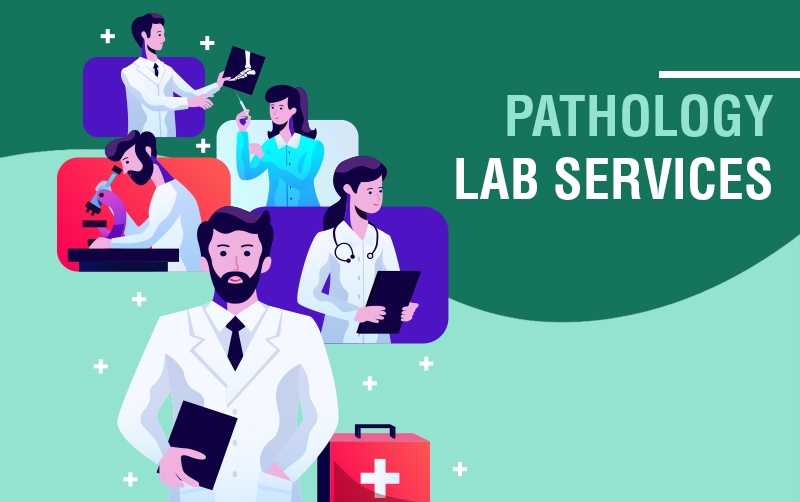
Welcome to our blog dedicated to understanding the vital role of pathology labs in modern healthcare. In the realm of medicine, pathology plays an essential role in diagnosing diseases, monitoring health, and guiding treatment decisions. Whether you’re a patient, a caregiver, or a curious mind, this blog will illuminate the importance of pathology labs and what you can expect when you interact with them.
What is a Pathology Lab?
A pathology lab is a specialized facility where tests are conducted to analyze samples from the human body. These samples can include blood, urine, tissue biopsies, and other bodily fluids. The primary goal of a pathology lab is to provide accurate diagnoses, which aid healthcare providers in determining the best course of treatment for their patients.
Types of Tests Conducted
Pathology labs conduct a wide variety of tests that can be broadly categorized into several types:
1. Histopathology
This involves examining tissue samples under a microscope to identify abnormalities. Histopathology is crucial for diagnosing conditions like cancer, where the analysis of tissue can indicate the presence of malignant cells.
2. Cytopathology
Cytopathology focuses on individual cells rather than tissues. It’s commonly used in screening tests, such as Pap smears, to detect cancerous or precancerous changes in cells.
3. Clinical Pathology
This branch includes analysis of blood and other bodily fluids. Common tests include complete blood counts (CBC), metabolic panels, and blood cultures. These tests help diagnose conditions like infections, anemia, and metabolic disorders.
4. Molecular Pathology
A newer and rapidly evolving field, molecular pathology examines genetic material within cells. This type of testing can reveal the genetic basis of diseases and is increasingly used in cancer treatments to identify targeted therapies.
The Role of Pathologists
Pathologists are medical doctors who specialize in diagnosing diseases by examining laboratory specimens. They play a critical role in the healthcare team by providing insights that guide treatment decisions. Their expertise ensures that test results are accurate, reliable, and timely, contributing significantly to patient care.
How Pathology Labs Support Patient Care
Timely Diagnosis: Quick and accurate testing can lead to early diagnosis, which is often crucial for the successful treatment of many conditions.
Informed Treatment Plans: The information provided by pathology labs helps healthcare providers tailor treatments to the specific needs of the patient, especially in cases such as cancer.
Support for Research and Development: Pathology labs contribute to medical research, which can lead to the development of new diagnostic techniques and treatments.
What to Expect When Visiting a Pathology Lab
If you are referred to a pathology lab, here’s what you can expect:
- Sample Collection: This process may involve drawing blood, taking a biopsy, or collecting other bodily fluids. Trained professionals will guide you through the process to ensure comfort and accuracy.
- Testing: Once the samples are collected, they are sent to the lab for analysis. Depending on the tests being conducted, results may be available within hours or take several days.
- Results Reporting: Your healthcare provider will receive the results and discuss them with you. It’s important to understand that while pathology labs provide crucial information, they do not provide direct treatment. The interpretation of results and subsequent care decisions are made by your doctor.
Conclusion
Pathology labs are an essential component of the healthcare system, providing critical diagnostic information that informs patient care. Understanding their role can help demystify the process and emphasize the importance of accurate testing in maintaining health and well-being.
As we continue to learn more about biology and technology, the capabilities of pathology labs will only expand, leading to improved diagnoses and treatments. Stay tuned for more insights and information about the fascinating world of pathology and how it impacts our health!
For more information about our services, tests, and how we can assist you in your healthcare journey, please visit our website or contact us directly. Your health is our priority!
